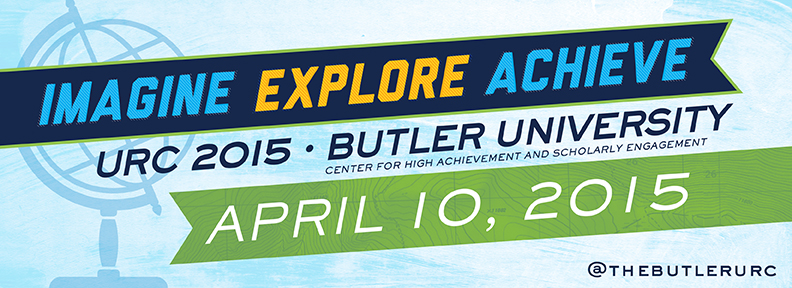
History
Surgery as a Science: The Intellectual and Practical Evolution of European Surgery from the 16th to the 18th Century
Document Type
Oral Presentation
Location
Indianapolis, IN
Start Date
10-4-2015 11:30 AM
End Date
10-4-2015 12:00 PM
Sponsor
Scott Swanson (Butler University)
Description
In the early 15th century, surgery was a skill performed by barbers, in which limbs were hacked away or stitched together on the warfront rather than a serious way to heal the sick. The Church thought surgery was a massacre of the body, which they believed to be a gift from God. The public and the Church also thought poorly of the practice because it usually caused lots of pain, there were low survival rates, and it usually left an un-whole result (since surgery usually meant the removal of something). Public and church beliefs changed thanks to a higher rate of public autopsies to gain knowledge on the body, an increase in the teaching of surgery in universities, and a higher rate of book publications; so did the opinions of the physicians. By 1745, surgery had become a medical skill performed by physicians as evidenced by the first split between barbers and surgeons in London. What what was left of the Company of Barber Surgeons immediately declined to what we know of barbers today.
My thesis will show the reasons for this change and for the professionalization of surgery by 1745. First, it was through the advances in technology, use of anesthesia, and surgical practices that allowed for a higher opinion towards surgeons to form. The success led to the second point needed for the surgeons, a change in public belief. The Church headed this transition in opinion by starting to fund public autopsies led by surgeons. When the Church began supporting the practical advances, the public soon became more accepting of surgery as well. Lastly, once the public saw the greater effectiveness of surgeons, then the status of surgeons changed from butcher to doctor by the early 18th century. Most of the other scholars who have written on this topic have focused either on the technological advances that caused the professionalization of surgery or the sociological change in beliefs that did so. No one has examined both as I will in my thesis.
Surgery as a Science: The Intellectual and Practical Evolution of European Surgery from the 16th to the 18th Century
Indianapolis, IN
In the early 15th century, surgery was a skill performed by barbers, in which limbs were hacked away or stitched together on the warfront rather than a serious way to heal the sick. The Church thought surgery was a massacre of the body, which they believed to be a gift from God. The public and the Church also thought poorly of the practice because it usually caused lots of pain, there were low survival rates, and it usually left an un-whole result (since surgery usually meant the removal of something). Public and church beliefs changed thanks to a higher rate of public autopsies to gain knowledge on the body, an increase in the teaching of surgery in universities, and a higher rate of book publications; so did the opinions of the physicians. By 1745, surgery had become a medical skill performed by physicians as evidenced by the first split between barbers and surgeons in London. What what was left of the Company of Barber Surgeons immediately declined to what we know of barbers today.
My thesis will show the reasons for this change and for the professionalization of surgery by 1745. First, it was through the advances in technology, use of anesthesia, and surgical practices that allowed for a higher opinion towards surgeons to form. The success led to the second point needed for the surgeons, a change in public belief. The Church headed this transition in opinion by starting to fund public autopsies led by surgeons. When the Church began supporting the practical advances, the public soon became more accepting of surgery as well. Lastly, once the public saw the greater effectiveness of surgeons, then the status of surgeons changed from butcher to doctor by the early 18th century. Most of the other scholars who have written on this topic have focused either on the technological advances that caused the professionalization of surgery or the sociological change in beliefs that did so. No one has examined both as I will in my thesis.
